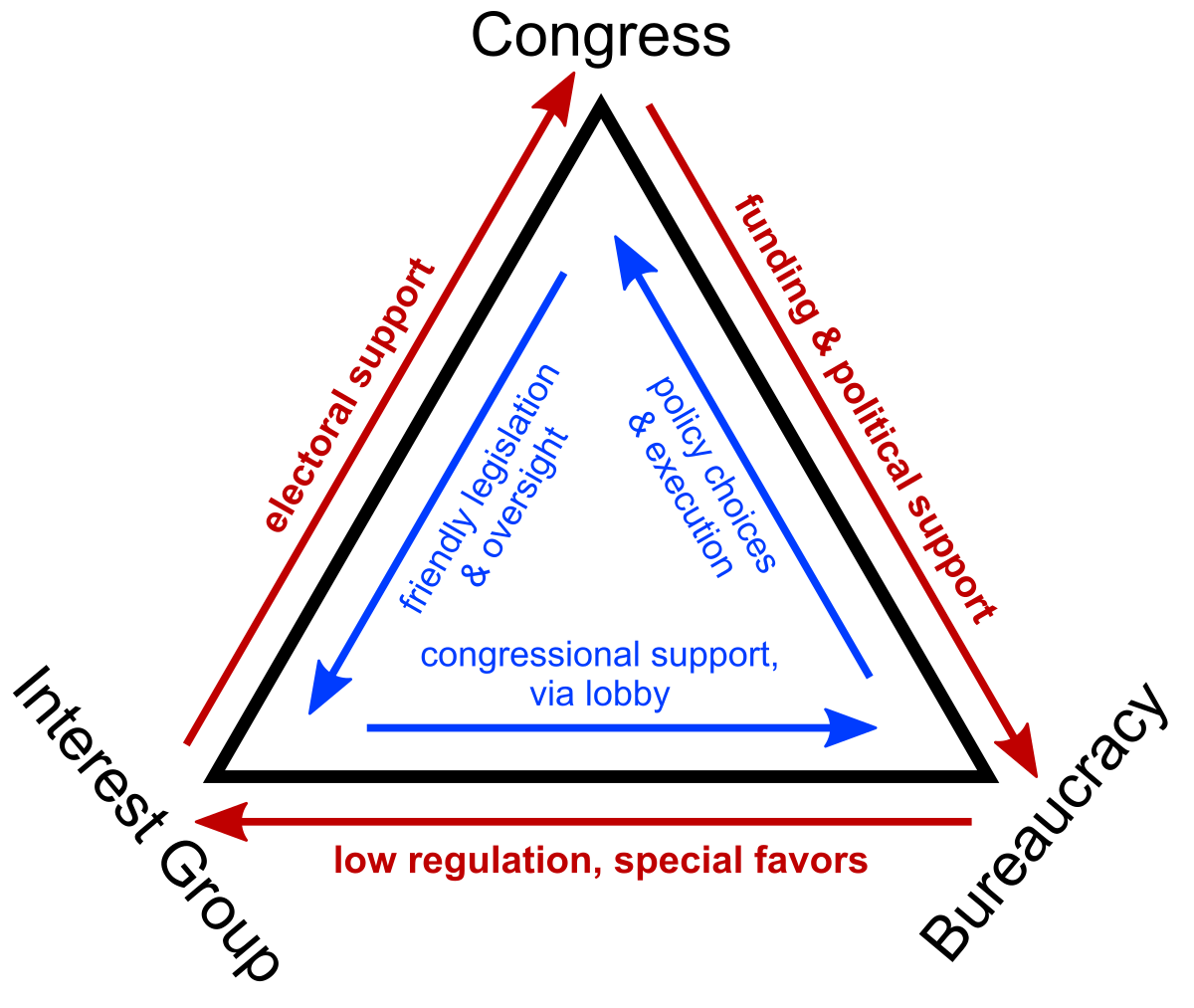$ecular#eckler
Platinum Member

Iron law of oligarchy - Wikipedia
all forms of organization, regardless of how democratic they may be at the start, will eventually and inevitably develop oligarchic tendencies, thus making true democracy practically and theoretically impossible, especially in large groups and complex organizations. The relative structural fluidity in a small-scale democracy succumbs to "social viscosity" in a large-scale organization. According to the "iron law", democracy and large-scale organization are incompatible.
Is that not what we are experiencing - a contest for oligarchy control of the three branches?
Throughout history, power structures considered to be oligarchies have often been viewed as tyrannical[citation needed], relying on public obedience or oppression to exist. Aristotle pioneered the use of the term as meaning rule by the rich,[4] for which another term commonly used today is plutocracy. One of the first oligarchies in history is that of Sparta, which developed the concept alongside its rival Athens, and essentially provided a counterpoint to Athenian democracy. In the early 20th century Robert Michels developed the theory that democracies, like all large organizations, tend to turn into oligarchies. In his "Iron law of oligarchy" he suggests that the necessary division of labor in large organizations leads to the establishment of a ruling class mostly concerned with protecting their own power.
Oligarchy - Wikipedia
It's working out all right??? The brilliant bicameral legislature works to prevent that???
